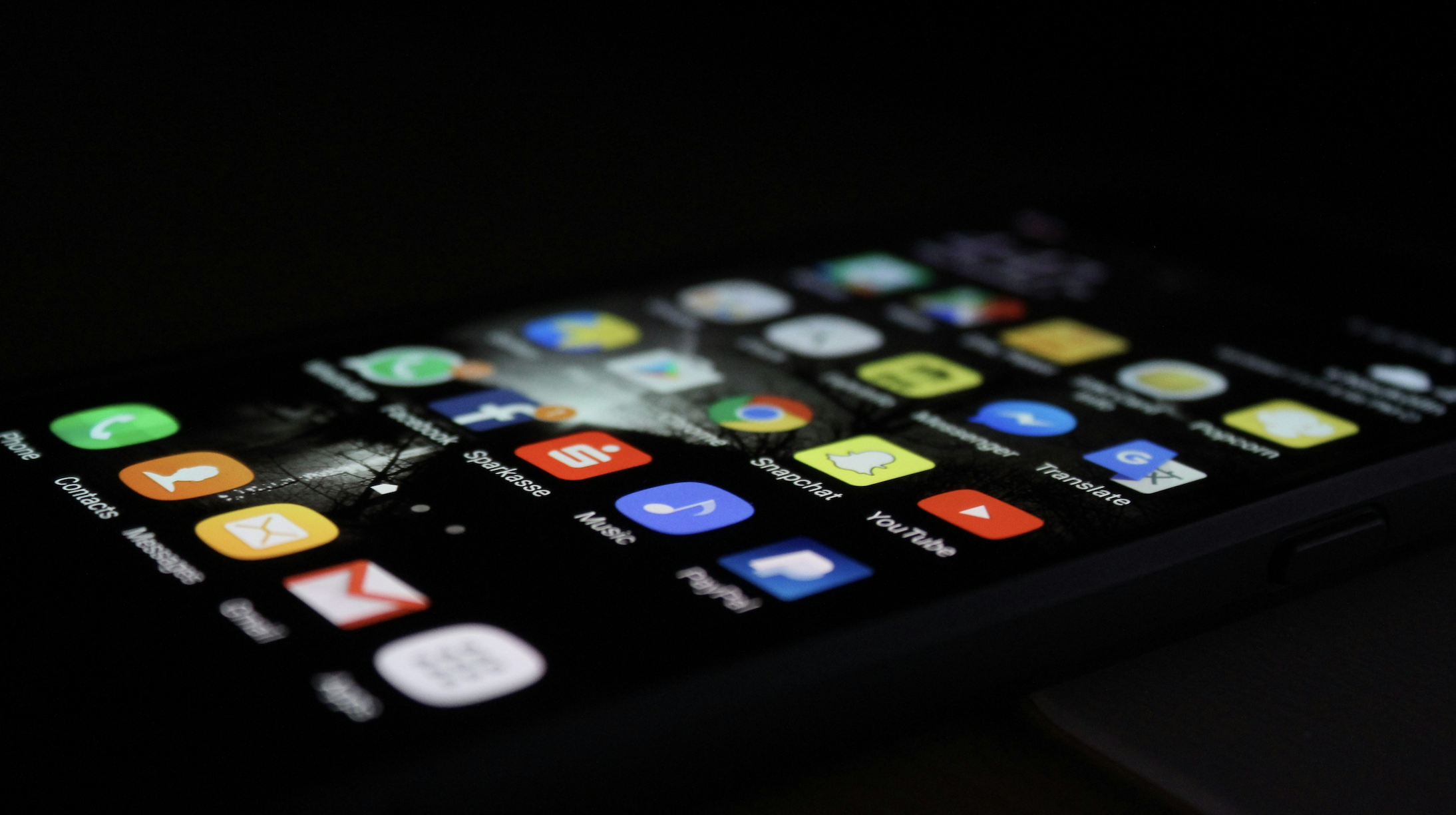It’s easy to see where the future of communication lies. You can see it all around you. The future lies in personalised experiences.
Facebook’s influence continues to grow, throwing off data that allows agencies and markets to tailor campaigns to the individual, so they only see and hear the things that they will be interested in.
Google serves up different search data to every individual by learning not only their most influential links, but the ones you, personally, might be looking for, based on what you’ve clicked on before.
Amazon’s recommendation engine enables it continually to introduce customers to things they are likely to enjoy, increasing sales volumes more and more the more it learns.
The dominant object of our time is the smartphone, through which we all create a personalised interface with the world, with our own personally curated set of apps. We are constantly having individual experiences when together, with life plus screen creating a personalised experience of everything.
Video-on-demand continues to surge, with Netflix and Amazon taking up an ever greater share of time as people curate their own schedules so they can watch exactly what they want, when they want it. And the data proves that the brands that can satisfy this need for personalisation are winning.
The future is personalised. It’s easy to see where the future of communication lies. You can see it all around you. The future lies in shared meaning. Culture is increasingly global, with moments we can all share moving around the globe at the speed of light.
Facebook and Google have enabled everyone to see the same words, pictures and films, creating a truly global shared culture. Global blockbusters are bigger than ever, with half of the top ten grossing movies of all time released last year. TV shows provoke more discussion than ever, satisfying our desire to have common reference points with friends, family and colleagues.
Music has become ever more ubiquitous and global, with stars such as Beyoncé, Adele and Taylor Swift uniting communities everywhere, and record demand for their live shows demonstrates our thirst for real, physical shared moments with other humans that no social network can ever replace.
Even advertising is more debated than ever, with the Christmas ad campaigns provoking more debate and earning more viewers than the Christmas TV programmes. And the data proves that the brands that can deliver the greatest simple mental availability with the greatest number of people – the brands that can deliver shared meaning – are winning.
The future is shared. If you believe either one of the previous sections then you’re wrong. And you’re right. But only partially wrong and only partially right. The avatars of the new personalised world have a vested interest in the first argument and force themselves into evangelising a partial future, largely driven by the supply-side tech argument that what is technically possible is what must inevitably happen.
The King Canutes of broadcast might be equally culpable in clinging on to the hope that everything will naturally revert back to the 1980s, and that we can pretend that all this technology never happened. Instead, the skills we need to thrive in the coming years are more subtle than that and depend on the ability to hold two opposing ideas at the same time and still retain the ability to function.
Strip back the tech and the trends and you’re left with people. People need shared meaning and have a deep desire to connect with others. People enjoy being able to get what they want, when they want it and having personalised services and experiences. People want and need both, at the same time.
Brands that can deliver both in a coherent and seamless way will win, no matter what technology comes at us next.
(Craig Mawdsely is joint chief strategy officer, Abbott Mead Vickers BBDO London. @mawdsleycraig. This article first appeared on CampaignLive.co.uk)




